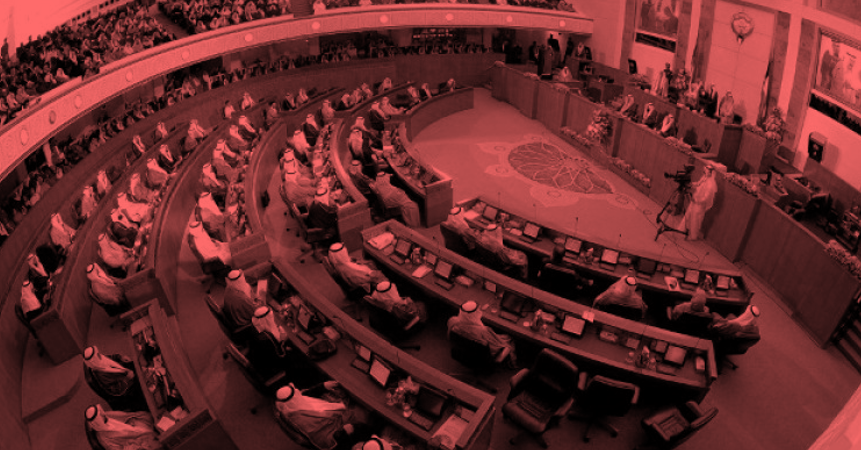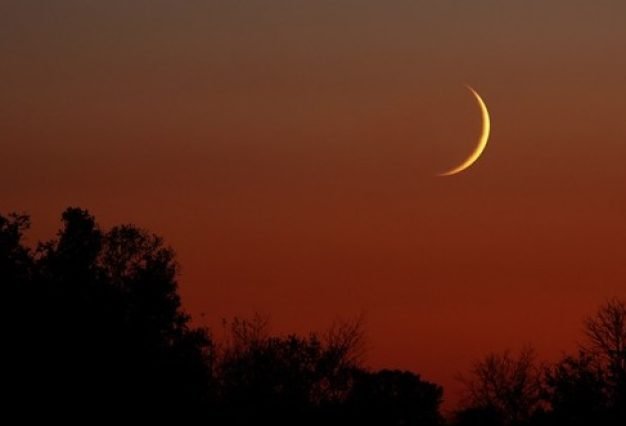Answered by Shaykh Yūsuf Badāt
Question:
For moon-sighting, can we accept the verdict of a Muslim judge from a Muslim country, in order to unite Muslims in Canada for Ramaḍān and ʿEīd? What is the status of a judge’s (qāḍī’s) verdict in comparison to a local moon sighting committee?
Answer:
In the Name of God, Most Merciful, Most Compassionate
Jazāk Allāh Khayr/ Thank you for your question.
The international sighting criteria (ittiḥād al-maṭali) allows Canadian Muslims to accept reliable sighting reports from anywhere in the world, in particular, east of Canada.
A qāḍī’s judgment, who is based in a Muslim country and appointed as an authority, is considered a very strong source for Islamic matters. In fact, in matters where there are varying views such as moon-sighting methodologies, the verdict of such an Islamic judge is preferred to be adhered to, in order to eliminate the differences and thus establish unity.
“If the testimony of witnesses for moon sighting seems somewhat questionable, however the Islamic judge has announced a verdict based on such testimony, the testimony becomes reliable due to it being synchronized with the decision of the Islamic judge.” (Al-Fatāwā Al-Nasafiyyah)
There is reference to an incident that occurred in Samarqand (Uzbekistan), in the year 531 Hijrī, wherein Eīd was celebrated based on the verdict of a qaḍī despite conflicting circumstances regarding the moon being sighted or not. The judge’s verdict was applied by Muslims in various nearby and distant lands, to establish unity. (See: Al-Muḥīṭ Al-Burhānī Fī Fiqhi Al-Noʾmānī, Al-Fatāwā Al-Tātārkhāniyyah)
“When the judge announces a verdict of the moon being sighted in accordance to any acceptable criteria according to his fiqh preference, it is incumbent on general muslims to fast, even though the verdict may be in conflict with one’s own fiqh persuasion. This is because a judge’s verdict ends the practice of varying views and establishes unity and togetherness. This is the consensus among majority jurists.” (Kitāb Al-Fiqh ʿAla Madhāhib Al-Arbaʿah, Fatāwā Al-Nawāzil)
Majority Islamic jurisprudence manuals state the following, “The verdict of an islamic judge is applicable in an absolute sense.” (See chapter ‘Adab Al-Qādī‘ of any mainstream fiqh manual)
Even though an Islamic judge’s authority is generally limited to his jurisdiction, Canadian Muslims or communities in other jurisdictions are permitted to accept the moon sighting verdict of an Islamic judge from a Muslim country, to assist in establishing unity in their local communities for Islamic festivities such as Ramaḍān and Eīdayn. This will also help eliminate the distaste, divisions, negative discussions and disrespect that is a result of having two days of ʿEīd in Canada.
Muftī Khālid Saifullāh Al-Raḥmanī (may God preserve him) writes, “There is no doubt that there is a flavour of unity and togetherness in all the main islamic acts of worship. This is why the five daily prayers are mandated in congregation. Friday Jumuʿah prayers bring together the entire locality. During the two ʿEīds, every village, city and town come together. Ḥajj unites Muslims on an international scale. This is the precise reason why unity is desired to a large degree, in fasting and the two ʿEīds. To have two or three separate days for the start of the fast and ʿEīd celebration in the same vicinity is not appropriate. The togetherness of Muslims is destroyed by such an action. The joy of ʿEīd and Ramaḍān is shattered. It is indeed sad to see that this creates divisions and we become a laughing stock. Mass media and opportunists on social media take to their platforms to escalate this and thus create doubts and propaganda related to Islam, by such occurrences.”
The moon sighting matter is very flexible in Islam. Mosques and islamic organizations should adopt any method that would unite the masses on one day for islamic events such as ʿEīd. These muslim events can be considered shaʿāir (islamic hallmarks) in a non muslim majority country, such as Canada. We pray for unity and togetherness.
Our Prophet Muḥammad (peace and blessings upon him) said, “The fast is the day [most] people fast and the breaking of the fast is the day [most] people break their fast.” (Tirmidhī & Ibn Mājah)
And Allāh Knows Best




